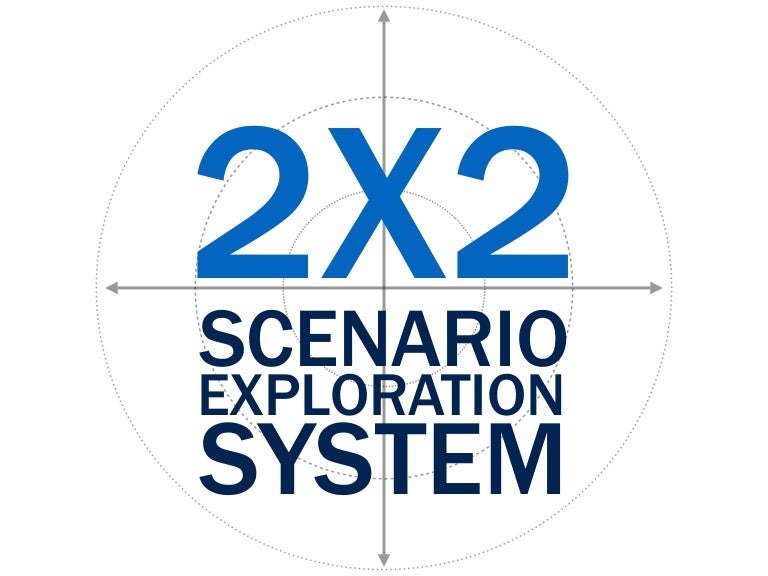
In the final post of the three part post (here are two and one), I take-on “futuring” as a way to know the future of the future.
We make futures to increase our influence on our networks in ways that are perceived beneficial. Futuring involves creating information about the future by extrapolating the patterns, anticipating outcomes by contemplating future states of affairs, and leveraging this to generate insight to inform action.
In a world with where most of the inhabitants on this planet who struggle to foresee alternative pathways to procure their the next meal, we are reminded of the privilege it is to do futuring. Most of the advanced tools of futures studies and foresight today were developed in the think-tanks supported by the defense industry. Its a diverse toolbox of quantitative and qualitative methods, that continue to be blended and sequenced in novel ways for different purposes and questions-at a high price.
My expectation is that the future of futures will be an expansion of access to futuring for more people, that affords many more to undertake informed action. The costs, technologies, information, and time necessary to wielding advanced planning and foresight tools are becoming more accessible.
I share the concerns with the previous poster’s concerns with algorithms – the best chess player used to be the human. Then it was a machine. Now it is a machine-supported human. Most routine manufacturing is done by already human-supported machines. In “lights-out” factories, complete automation allows for operate without human intervention – no lights, no heat, no toilets. The orders come in, widgets are manufactured or printed according to specification, boxed, and shipped out. The robots inside are doing things, but are unable to make non-routine plans in futures with humans in them.










You must be logged in to post a comment.